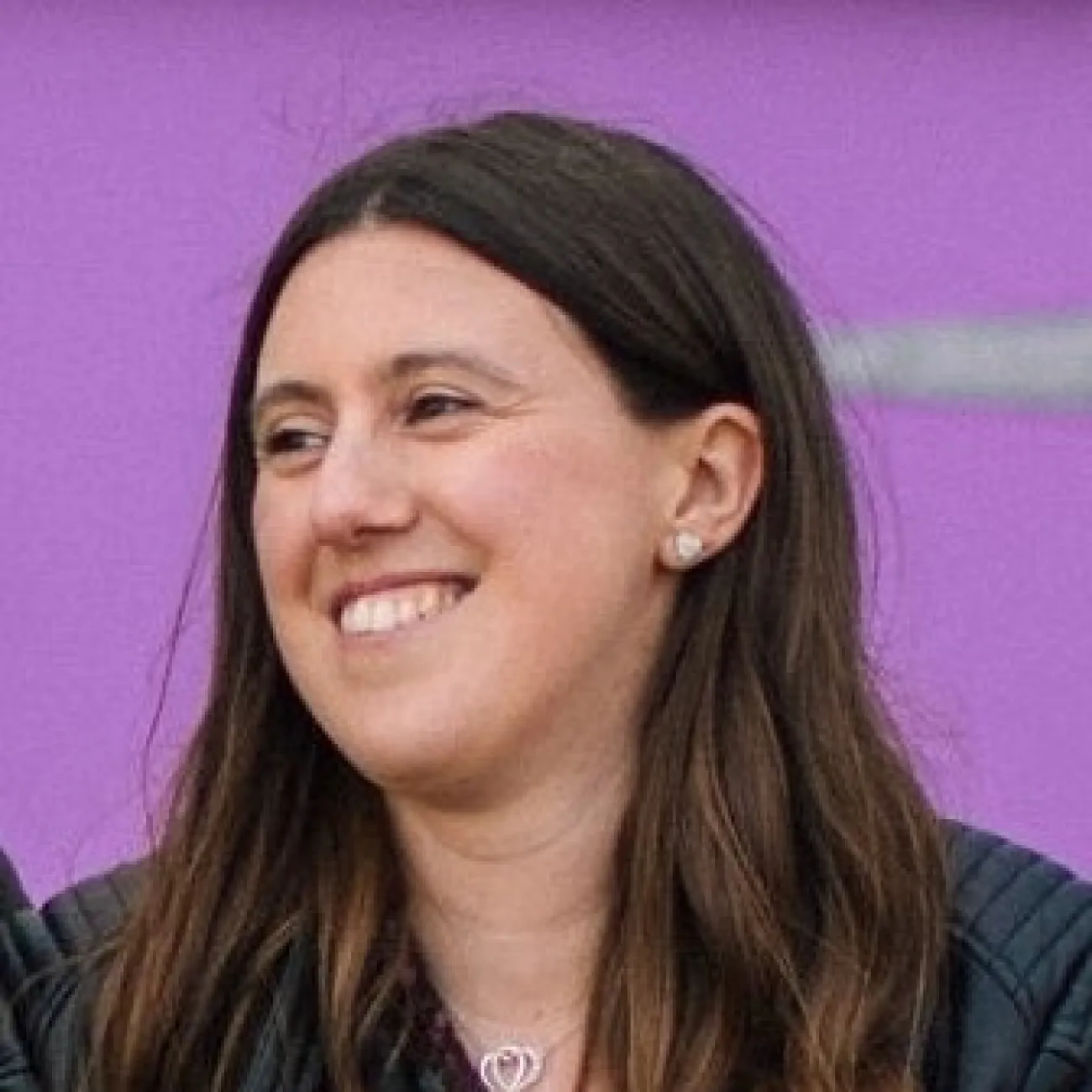About
Dr Alison Hill is a postdoctoral fellow within the Controlled Human Challenge Group (CHIG) at the University of Southampton. Her research focuses on understanding the immunological mechanisms that confer protection against upper respiratory tract pathobiont colonisation, with the ultimate aim of informing next-generation vaccine design. A critical component of her research involves the development and use of immunological assays to assess adaptive cellular immune responses in controlled human infection models (CHIMs). These include models for two human-adapted bacterial species that colonise the upper respiratory tract: (i) Bordetella pertussis, the causative agent of whooping cough, and (ii) Neisseria lactamica, a commensal species of the nasopharynx that protects against infection and disease caused by Neisseria meningitidis.
Research
Research interests
- Controlled Human Infection
- Vaccines
- T cells
- Bordetella pertussis
- Neisseria lactamica
Current research
Dr Hill’s research focuses on understanding the immunological mechanisms that confer protection against upper respiratory tract pathobiont colonisation, with the ultimate aim of informing next-generation vaccine design. A critical component of her research involves the development and use of immunological assays to assess adaptive cellular immune responses in controlled human infection models (CHIMs). Current CHIMS on which Dr Hill’s work centres include:
1) Controlled human challenge model of aysmptomatic Bordetella pertussis infection
Whooping cough is a severe respiratory disease caused by Bordetella pertussis, epidemics of which continue to emerge globally despite high vaccination rates. Whilst current vaccines are protective against disease, they do not prevent infection and transmission, which may contribute to continued circulation and epidemic peaks. Controlled human infection is a pertinent technique to identify people who are relatively protected against experimental infection. Dr Hill’s research aims to identify immunological biomarkers of protection in the context of controlled human infection and novel vaccine-challenge trials.
2) Controlled human challenge model of Neisseria lactamica infection
Neisseria lactamica, is a commensal species of the nasopharynx that protects against infection and disease caused by Neisseria meningitidis. Dr Hill’s research aims to understand the immunological mechanisms that underpin this protection, by examining cross-reactive responses in the N. lactamica human challenge model.
3) Controlled human challenge model of genetically-modified (GM) Neisseria lactamica infection
As a commensal species of the nasopharynx, genetic-modification of N. lactamica has the potential to be used for the delivery of vaccine antigens (e.g. N. meningitidis antigens) directly to the mucosal surface. Dr Hill’s research aims to detect and characterise immunological responses to heterologous antigens in the GM N. lactamica controlled human infection model, with the aim to assess feasibility as a novel vaccine antigen delivery system
Research projects
Publications
Biography
Dr Alison Hill is a postdoctoral fellow within the Controlled Human Challenge Group (CHIG) at the University of Southampton.
She gained her undergraduate degree in Biomedical Science from the University of Warwick, with a year in industry at the then-Health Protection Agency (now UKHSA) in Porton Down. She went on to do her PhD at the University of Southampton, studying in vitro modelling of the airway epithelial-mesenchymal trophic unit in asthma. In 2017 she joined the Controlled Human Infection Group (CHIG) at the University of Southampton, where she has developed cutting edge methodologies to detect and enumerate low frequency antigen-specific adaptive immune responses in the context of controlled human infection. These advances have enabled new insights into the mechanisms that protect humans against infection, and led to multiple publications in high impact journals (e.g. Science Translational Medicine, The Lancet Microbe, The Journal of Clinical Investigation and Clinical Infectious Diseases). Recently, she has delivered a principal component of a novel Phase 2b vaccine trial, and deconvoluted the mechanism by which this live attenuated vaccine confers protection against infection. Her aspiration is to direct these, and subsequent advances, to improve rational vaccine design.
Prizes
- British Association for Lung Research travel award (2016)
- Outstanding commendation for poster presentation at the Southampton Faculty of Medicine Research Conference (2015)
- European Respiratory Society travel award (2015)
- British Association for Lung Research travel award (2016)
- Outstanding commendation for poster presentation at the Southampton Faculty of Medicine Research Conference (2015)
- European Respiratory Society travel award (2015)
